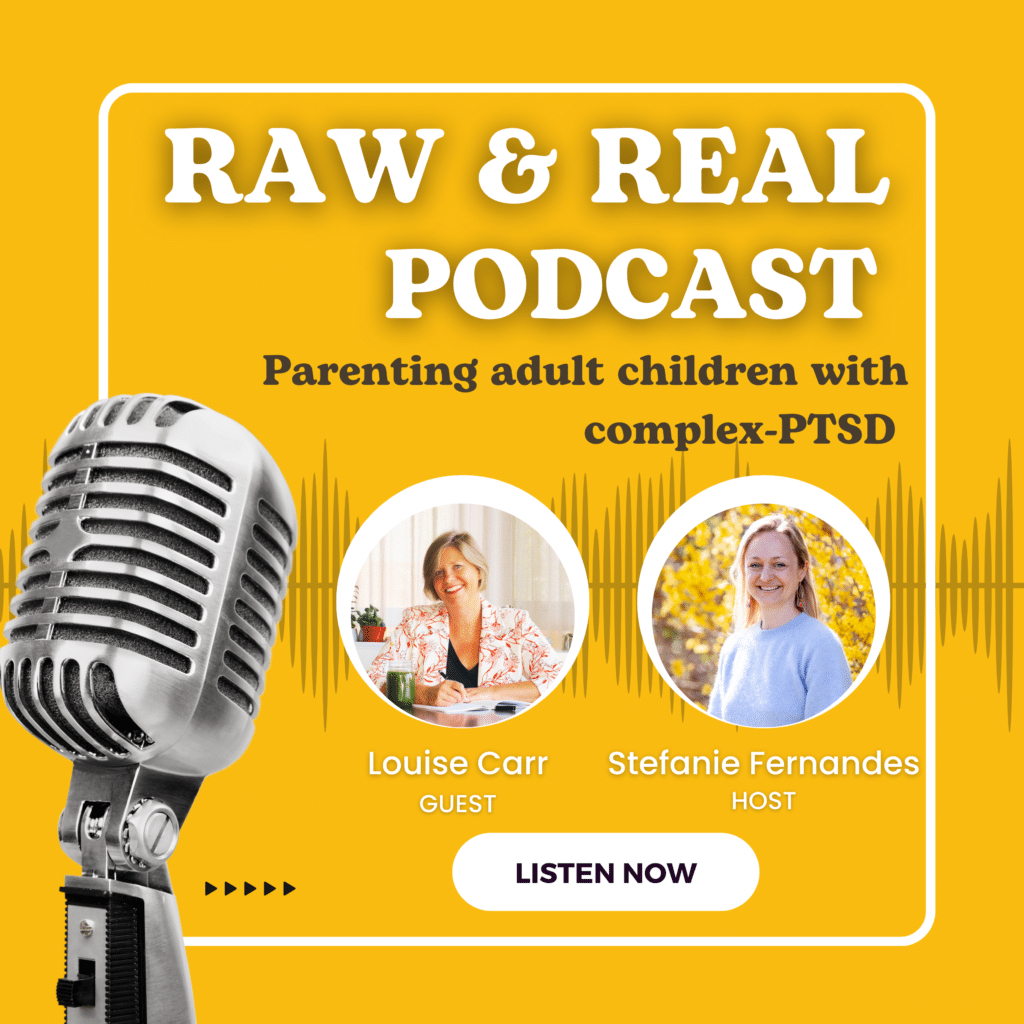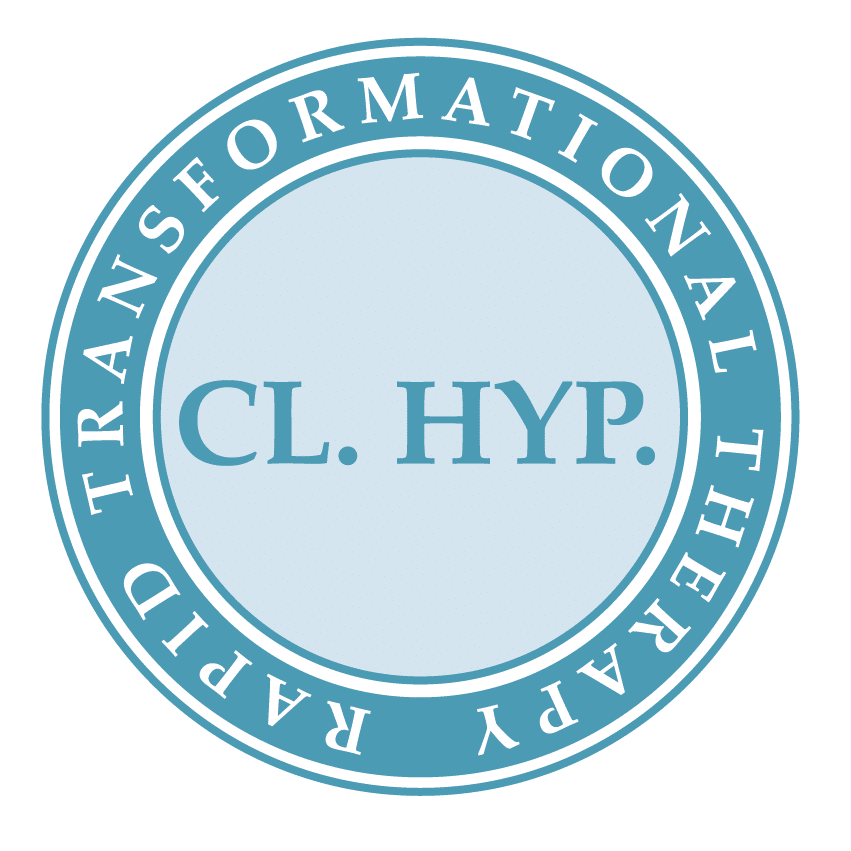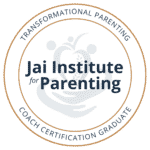Parenting with Complex-PTSD
12 June 2024
For parents living with Complex Post-Traumatic Stress Disorder (Complex-PTSD), parenting challenges can be significantly amplified. Complex-PTSD, a condition resulting from prolonged or repeated trauma, can impact every aspect of an individual’s life, including their ability to parent. Understanding these challenges and finding strategies to cope is crucial for both the well-being of the parent and the child, both for young and adult children.
Understanding Complex-PTSD
Complex-PTSD is a severe psychological condition that arises from prolonged exposure to traumatic events, often during critical developmental periods in childhood. Unlike PTSD, which typically stems from a single traumatic event, Complex-PTSD involves chronic trauma, such as abuse, neglect, or domestic violence over a long period of time. For those experiencing complex-PTSD, these harsh conditions seem normal and often they don’t know that their environment is toxic. This condition can lead to a range of symptoms, including emotional dysregulation, negative self-perception, difficulty with relationships, and a persistent sense of threat.
The Unique Challenges of Parenting with Complex-PTSD
- Emotional Dysregulation:
One of the hallmark symptoms of Complex-PTSD is emotional dysregulation. Parents with this condition often severely struggle to manage their emotions, leading to unpredictable mood swings and intense reactions. Age-appropriate behaviour of babies, toddlers, school kids and teenagers easily trigger parents who have Complex-PTSD. - Hypervigilance:
Parents with Complex-PTSD often experience hypervigilance, constantly feeling on edge or threatened. This heightened state of alertness can lead to overprotectiveness, anxiety about their children’s safety, and difficulty allowing their children to explore and take risks. - Negative Self-Perception:
Individuals with Complex-PTSD may have a deep-seated sense of worthlessness or self-blame. As parents, this can translate into feelings of inadequacy, guilt, or the fear that they are not good enough for their children. These negative thoughts undermine their confidence in their parenting abilities leading to confusion in the child “Is my mom capable of being my mom?” - Difficulty with Relationships:
Complex-PTSD impairs a person’s ability to form and maintain healthy relationships. For parents, this can affect their relationship with their children, co-parent, and extended family. They struggle with trust, communication, and emotional connection. - Flashbacks and Triggers:
Parents with Complex-PTSD often experience flashbacks or be triggered by situations that remind them of their trauma. This can lead to sudden and intense emotional reactions that can be confusing and frightening for their children.
Strategies for Managing Parenting Challenges with Complex-PTSD
- Therapy and Support:
Seeking professional help is crucial. Therapists trained in trauma can help parents develop coping strategies, work through their trauma, and improve their emotional regulation. Support groups for trauma survivors can also provide a sense of community and understanding. Somatic therapy paired with psychotherapy is an integral part of recovering from Complex-PTSD. - Mindfulness and Self-Care:
Practicing mindfulness can help parents stay present and manage their emotional responses. Self-care activities, such as exercise, meditation, and hobbies, are essential for maintaining mental health and resilience. - Open Communication:
Honest and authentic communication with children, appropriate to their age, can help them understand what their parent is going through. Explaining that certain reactions are not the child’s fault can reduce confusion and fear. - Building a Support Network:
Having a strong support network of friends, family, or professionals can provide practical and emotional assistance. This network can offer respite care, listen during tough times, and provide encouragement. Choosing kind and supportive people to be part of the network and distancing themselves from toxic relationships is paramount. - Parenting Programs:
Enrolling in parenting programs can offer valuable skills and strategies tailored to managing the challenges of parenting with a trauma history. These programs can enhance a parent’s confidence and effectiveness. - Creating a Stable Environment:
Stability and routine are important for children, especially when their parent is dealing with Complex-PTSD. Establishing consistent routines, clear boundaries, and a safe environment can help children feel secure.
Finding Strength in the Journey
Parenting with Complex-PTSD is undeniably challenging, but it is also an opportunity for growth and healing. By addressing their trauma, seeking support, and implementing coping strategies, parents can provide a loving and stable environment for their children. It’s important to remember that seeking help is not a sign of weakness but a step towards being the best parent possible.
Every small step towards managing symptoms and improving one’s mental health is a victory. Parents with Complex-PTSD are not alone in their struggles, and with the right tools and support, they can navigate the complexities of parenting and build a brighter future for themselves and their children.
Louise is a Certified Holistic Nutrition Consultant who graduated from the Canadian School of Natural Nutrition.
She shares her story of awakening, awareness, and healing after leaving a toxic relationship and what helps her redefine and rebuild the relationship with her adult children.
As a mom of 3 adult children from a 25-year marriage to a covert narcissist, she had to find a new way forward.
Living with C-PTSD for 5 years, she was initially very dysregulated which was hard on her kids coming through their parent’s divorce.
Louise works with midlife women who are feeling exhausted, and uncomfortable, and who don’t even feel like themselves anymore because of their uncomfortable symptoms of perimenopause.
Visit Louise’s website and follow her on Instagram. She has a free resource for you to download: The Midlife Woman’s Hormone Balancing Recipe Book.




